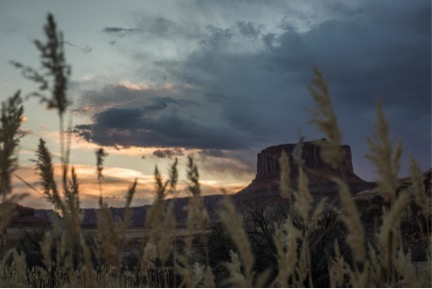JULY 8, 2015
Media Contacts:
Janice Mackey, CDFW Communications, (916) 322-8908
Capt. Rebecca Hartman, Law Enforcement Division, (310) 678-4864
Due to a recent increase in the number of human/coyote incidents in Southern California, residents should be particularly vigilant in watching their children and pets when outdoors.
In the past month, there have been four incidents in Irvine where young children were either bitten or scratched by a coyote, resulting in minor injuries.


